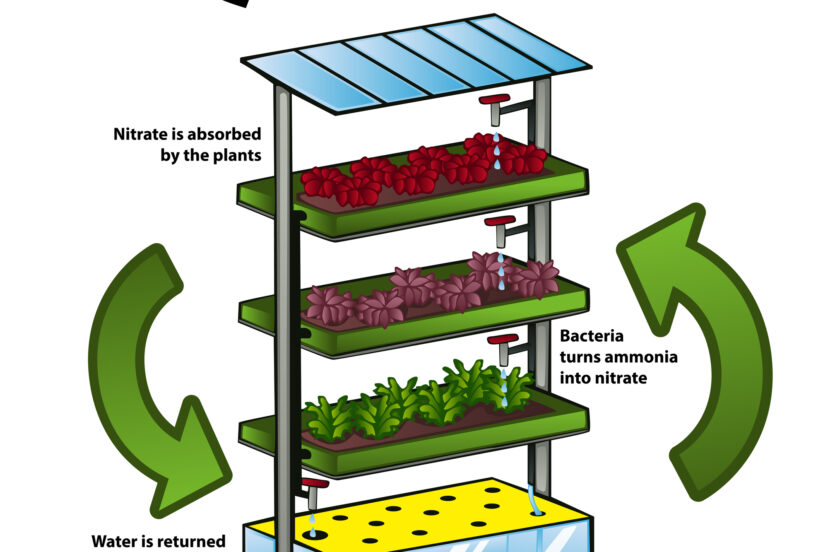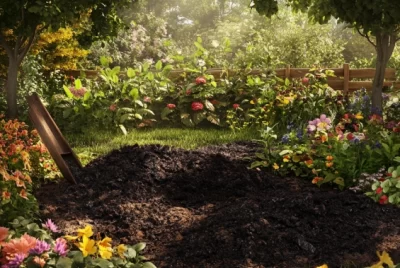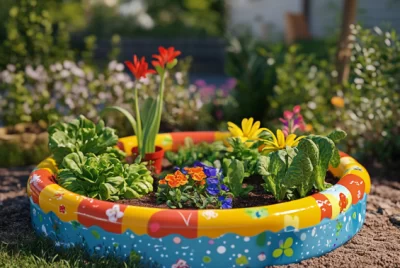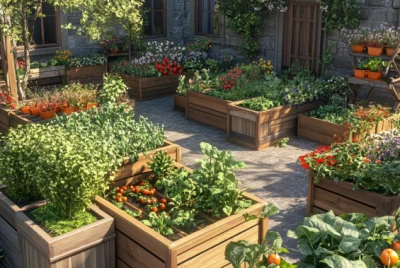Aquaponic Fish Tanks: A Fascinating World
Explore the intricacies of setting up and maintaining aquaponic fish tanks. This guide covers both the challenges and benefits, offering practical suggestions for a successful home ecosystem.
Introduction to Aquaponic Fish Tanks
Aquaponics is an amazing blend of aquaculture (raising fish) and hydroponics (growing plants without soil). In this relationship, the fish provide the nutrients for the plants, and the plants help clean the water for the fish. It’s like a mini-ecosystem right in your living room!
Why Aquaponics?
Why not just a regular fish tank or a soil-based garden? You could, but you’d be missing out on the incredible efficiency and sustainability that aquaponics offers.
Challenges of Running Aquaponic Fish Tanks
Like any rewarding endeavor, there are challenges, especially when looking at aquaponics vs hydroponics. But they are not insurmountable and we have the answers.
Equipment and Costs
Initial Setup
Yes, the initial setup can be pricier than a traditional fish tank. You’re getting more than just a tank; you’re setting up an entire ecosystem!
Maintenance
Once it’s up, though, the maintenance costs are usually lower because the plants are helping you out!
Managing Water Quality in Aquaponic Fish Tanks
The fish and plants have different pH and nutrient requirements. This balancing act is crucial but entirely doable with a bit of know-how. In addition, the plants process the fish waste so in some ways it is easier to maintain water quality. This also reduces the water change requirements that are associated with a plantless fish tank.
Fish and Plant Selection
Choose hardy fish like tilapia or goldfish that can adapt to changing water conditions.
Go for plants like lettuce or herbs that can thrive on fish waste.
The Unbeatable Benefits
Once you’ve tackled the challenges, the rewards are incredible!
Sustainability
With an aquaponic system, there is reduced water usage and no need for synthetic fertilizers.
Fresh Produce at Home
Nothing beats the taste of home-grown veggies and freshly caught fish.
Education and Fun
From kids to adults, everyone can learn something valuable from this system.
The Must-Have Features
Filtration System
A robust filtration system is a must for keeping your fish happy and your plants thriving.
Grow Lights
Unless you plan on an outdoor system, which adds some other variables, some quality grow lights will make a world of difference.
Monitoring Systems
Invest in pH and nutrient monitors to take the guesswork out of management.
My Top Suggestions for Newbies
Start Small
Begin with a small setup (but not too small) and scale up as you get the hang of it. A project conducted by Ohio State University used a 185-gallon fish tank.
Do Your Homework
Research the needs of your chosen fish and plants to set yourself up for success. This is especially important when it comes to the fish you select. Remember, fish grow and your tank should be sized for the adult fish.
Conclusion
Aquaponic fish tanks are more than a hobby; They’re a lifestyle. You’ll face challenges, but the benefits of sustainability, fresh produce, and education are more than worth it.
FAQs
What are the best fish for aquaponic fish tanks?
Tilapia, goldfish, and catfish are excellent choices.
Can I grow any plant in aquaponic fish tanks?
No, some plants require more nutrients than what fish waste can provide.
How do I maintain water quality in aquaponic fish tanks?
Regularly monitor pH and nutrient levels and make adjustments as needed.
Are aquaponic fish tanks suitable for all climates?
No, you may need to provide additional heating or cooling.
Can aquaponic fish tanks be set up outdoors?
Absolutely, just make sure to account for natural variables like sunlight, temperature, and pests.
I hope you found this guide useful. Enjoy your aquaponic fish tank.




